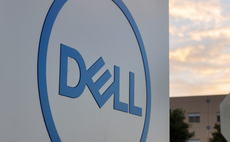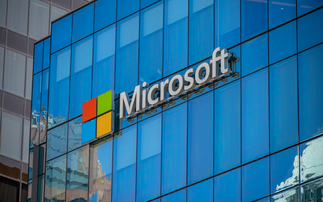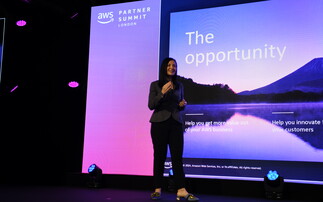Move designed to expand Dell's desktop virtualisation capabilities
With the ink still drying on its agreement to buy SonicWall, Dell has announced its intent to buy thin-client computing kingpin Wyse Technology. The acquisition, which has been given the nod by ...
To continue reading this article...
Join CRN
- Enjoy full access to channelweb.co.uk - the UK’s top news source for the IT channel
- Gain the latest insights through market analysis and interviews with channel leaders
- Stay on top of key trends with the Insider weekly newsletter curated by CRN’s editor
- Be the first to hear about our industry leading events and awards programmes
Already a CRN member?










